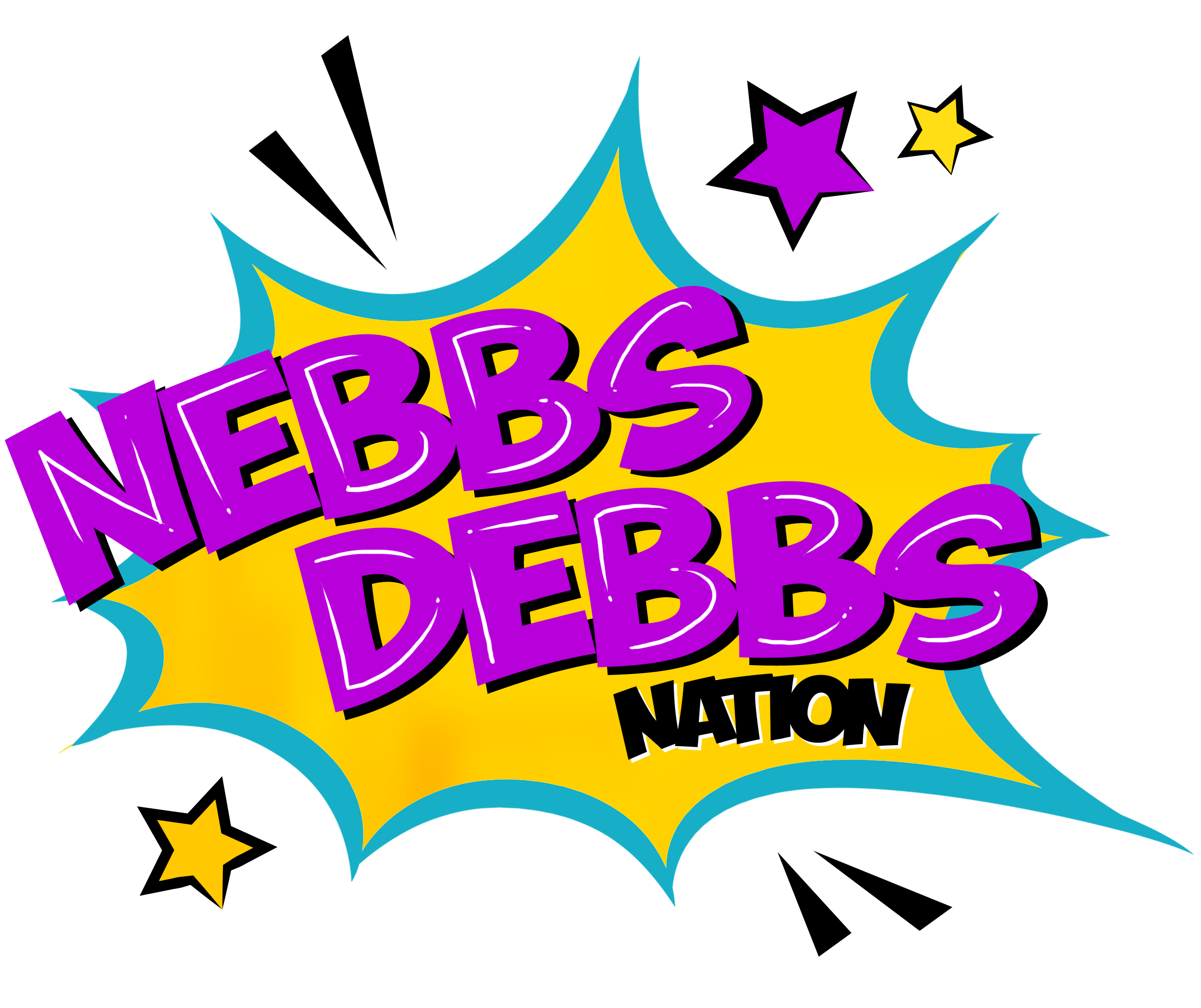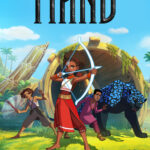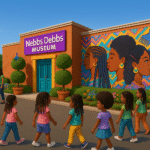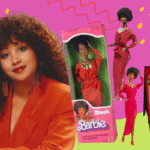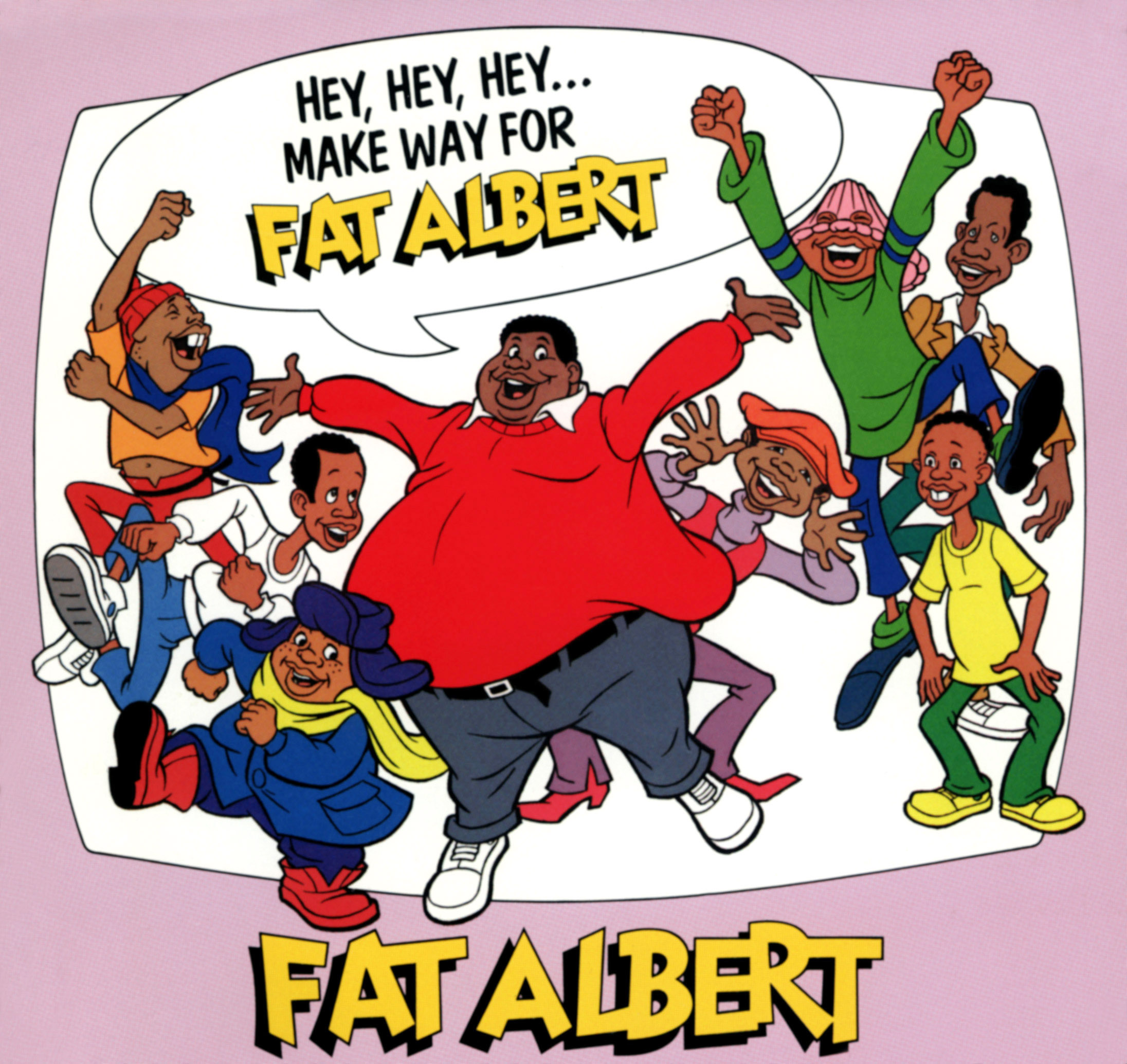
In the landscape of children’s television, few shows have resonated as profoundly within Black communities as Fat Albert and the Cosby Kids. Created by comedian Bill Cosby, the animated series aired from 1972 to 1985, offering more than just entertainment—it provided valuable life lessons and positive representation for Black children during a time when such portrayals were scarce.
Origins Rooted in Authentic Experiences
Fat Albert and the Cosby Kids was inspired by Cosby’s own childhood experiences growing up in North Philadelphia. The characters—Fat Albert, Rudy, Mushmouth, Dumb Donald, and others—were based on real individuals from Cosby’s youth, bringing authenticity and relatability to the show. This genuine reflection of Black urban life allowed young viewers to see their realities and communities represented on screen.
Educational Content and Moral Lessons
Beyond its entertainment value, the series was pioneering in its educational approach. Each episode tackled pertinent social issues such as peer pressure, substance abuse, bullying, and honesty. The narratives were crafted to impart moral lessons, often concluding with a musical performance by the Junkyard Band that reinforced the episode’s theme. This method not only engaged children but also facilitated the absorption of important values.
Positive Representation in Media
At a time when positive depictions of Black characters were limited in mainstream media, Fat Albert and the Cosby Kids broke new ground. The show presented Black children as intelligent, compassionate, and resourceful individuals, countering prevailing stereotypes. This representation was crucial in fostering self-esteem and cultural pride among young Black viewers.
Legacy and Impact
The influence of Fat Albert and the Cosby Kids extends beyond its original airtime. Its success paved the way for more inclusive children’s programming and highlighted the importance of diversity in media. The show’s commitment to addressing real-life issues through an accessible format has left an indelible mark on educational entertainment.
Considerations for Modern Audiences
While the show’s contributions are significant, it’s essential to acknowledge the controversies surrounding its creator, Bill Cosby. These developments have led to complex discussions about separating art from the artist. Parents may choose to contextualize the show’s content, emphasizing its historical significance while addressing contemporary perspectives.
Conclusion
Fat Albert and the Cosby Kids stands as a seminal piece of television history that provided Black children with much-needed representation and life lessons. For parents seeking to educate their children about media history and the evolution of Black representation, the series offers valuable insights. Approaching it with a critical eye allows for meaningful conversations about media, culture, and the complexities of societal change.
